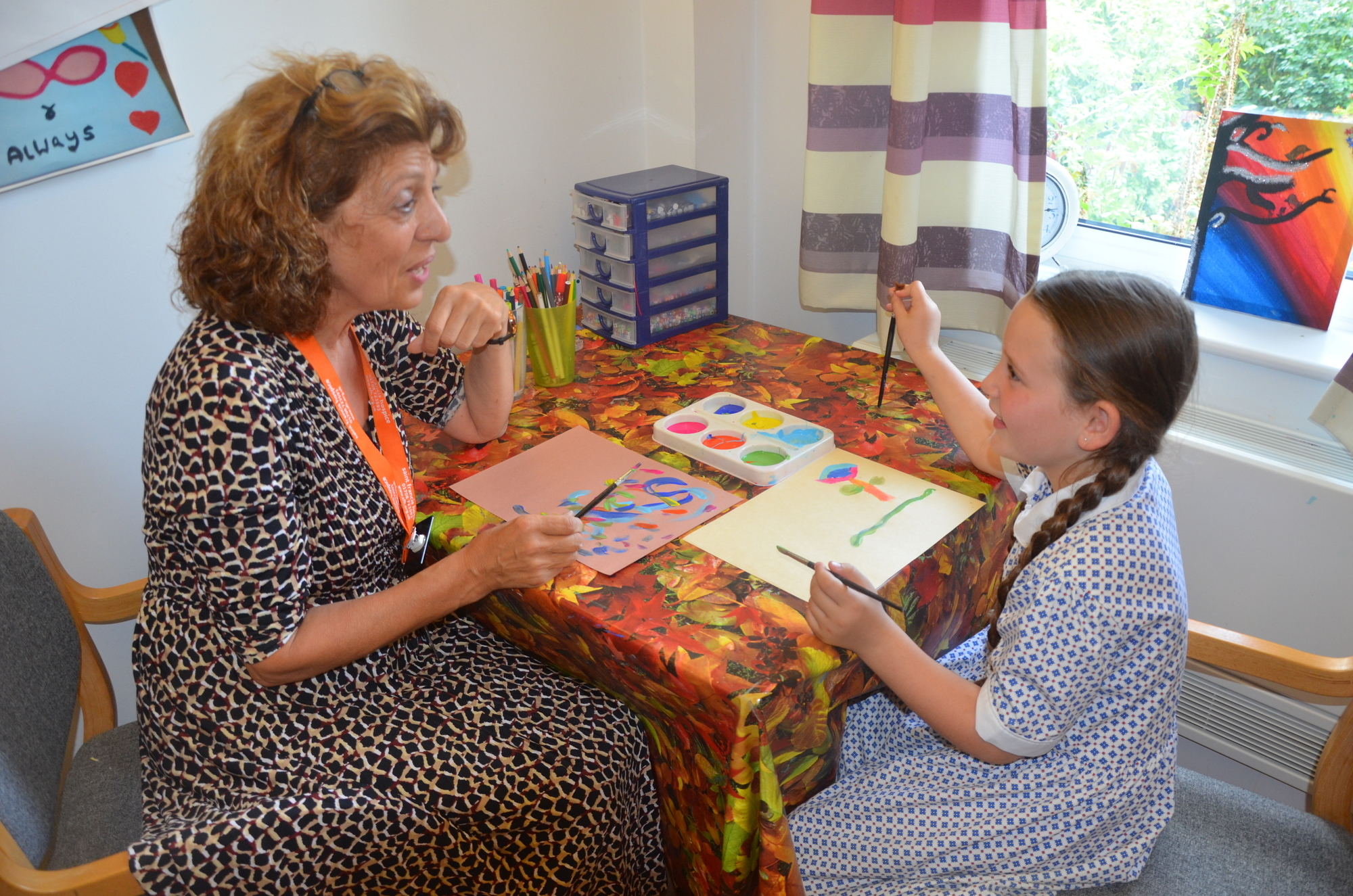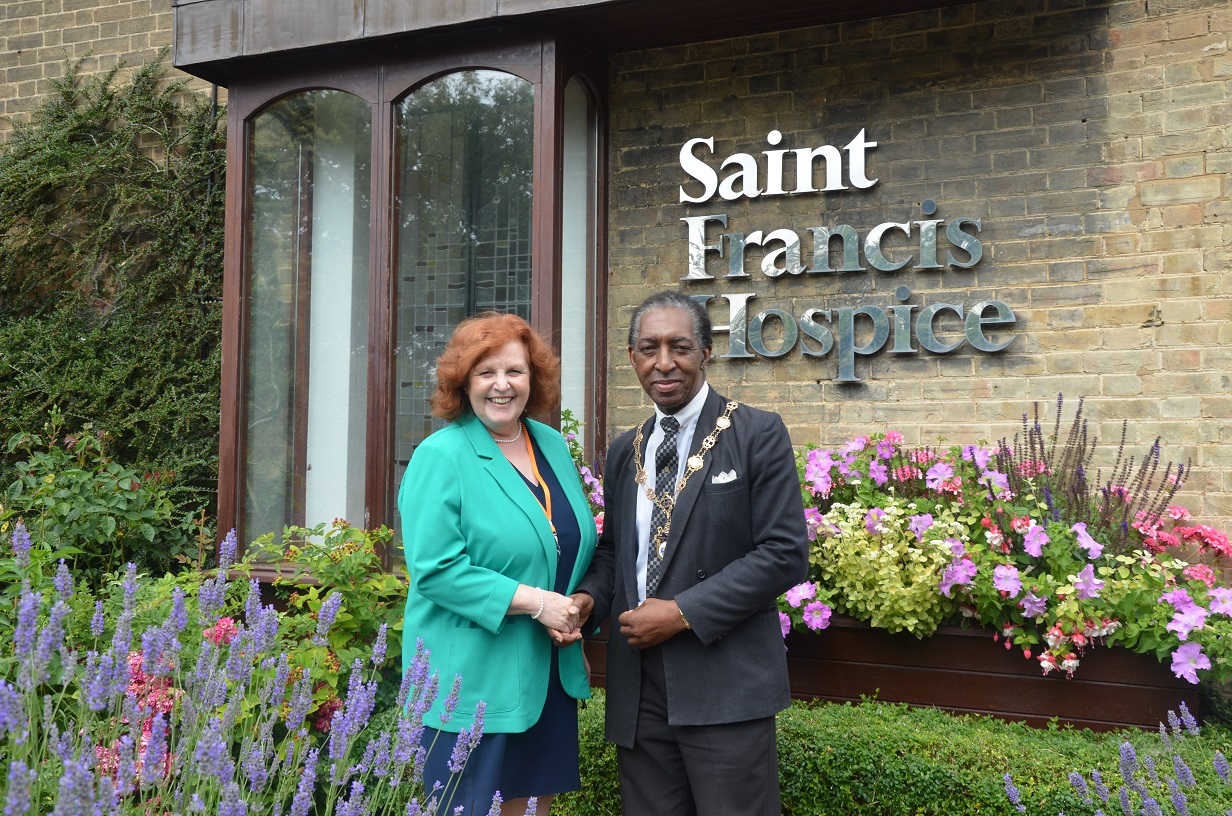How honesty helps bereaved children heal

Teresa remembers how she felt fellow shoppers were looking at her in horror. She believed they were shocked at the apparent callousness of a mother to her daughter. Teresa was going on the advice of Stella Christou from Saint Francis Hospice's Family Support team. Stella provided Lily-May with bereavement therapy after her dad, Rob Mottram, lost his life to brain cancer at the tender age of 31.
Although Teresa's choice of words may appear brutal to some, there is a reason, as Stella explained:
"Some children like things in simple and uncomplicated terms or they can get confused. Sometimes, when the loved one of a child passes away, it can be important to use words such as 'died' and reiterate them. You should never say that the person they have lost has 'gone to sleep'. The child could become terrified of falling asleep in case they don't wake up again.
"If you say that they are now a 'star in the sky', some children may question why their loved one prefers to be a star rather than with them. Saying the person has 'gone away' often prompts the child to ask when they will be coming back."
Stella asks children where they think he or she is. That decision belongs to the child, and they can find a place where they want that person to be.
Stella also advises using words such as 'tumour' and 'cancer' rather than 'bug' and 'upset tummy':
"If you say 'bug' then you are lying to them."
Children will often ask: 'What happens with cancer?' There is sometimes confusion over why doctors and nurses can't make someone better. Stella will describe how cancer harms the body and that the body isn't always strong enough to fight back. She will talk to the child about how tumours grow and show books. Stella even does this by playing games.
Stella is trained in integrative therapy and has always worked with children. She provided counselling session for Lily-May as a pre-bereaved child, too:
"While Rob was having treatment, Lily-May knew something was going on but couldn't quite articulate the seriousness of it. She would become quite anxious but would paint or scribble out her feelings in therapy. As Rob's illness took hold, Lily-May would come to see me more often. She knew it was her 'safe place' where she could talk about her daddy without being judged."
Stella explained how grief comes out of children in many different ways whether that be weeping, anger, silence, or not sleeping or eating.
"I've seen children who can't talk about grief, and they withdraw. They become depressed, anxious and angry often aggressive. They can't understand their feelings and get into trouble at school without therapeutic support."
Stella encourages children to talk about the legacy of the person they have lost:
"Children can do this by writing a letter to their loved one. The love the child has for the person will always be there no one can ever take that away. The most difficult part of my job is that I can't bring them back, she said. "And that's what they really want."
Teresa cites Stella as the reason why she now has a confident and happy 6-year-old with such a positive outlook on life, despite all that Lily-May has had to go through.
Lily-May will often say to Stella: "My daddy died here; he had cancer."
"Yes, I remember..." Stella will reply.
You can help people just like Rob by volunteering. We need people to do all different kinds of jobs across our Hospice, fundraising events, and charity retail stores. If you'd like to find out more, please visit email volunteering@sfh.org.uk, call 01708 758614, or pop into your local shop.







